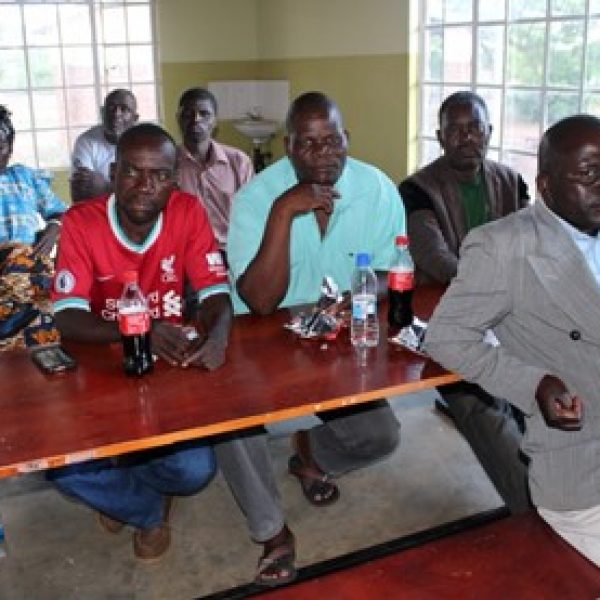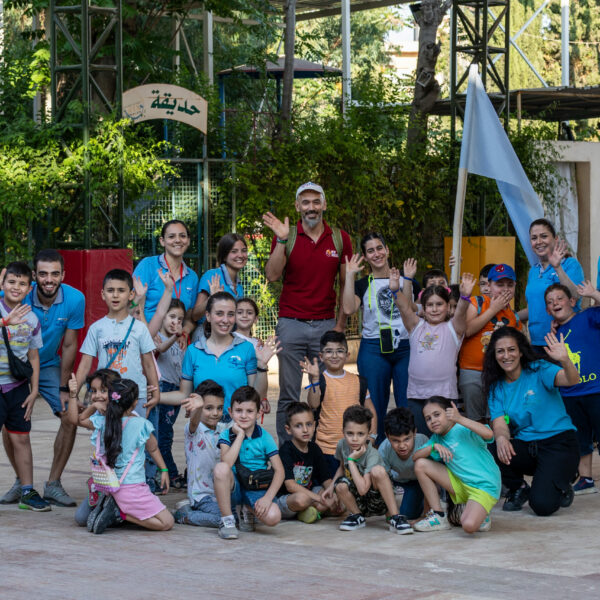Australian Marist Solidarity launches a campaign to increase educational facilities and support for all tea gardens families.
Australian Marist Solidarity is a Marist NGO working mainly in the regions of Asia and the Pacific. It deals with bringing all vulnerable young people to the center of society through education. Their latest project deals with unblocking the education for children in Bangladesh’s tea gardens.
Since the days of British rule, tea companies in Bangladesh have been exempted from many labor laws. Even after the review of the garment industry in the wake of the collapse of the 2013 Rana Plaza, which killed over 1,100 people, the tea gardens remain the site of exploitation for the new generations of workers.
Tea companies control access to housing, medical facilities and education.
It is estimated that over 700,000 people live in tea gardens, and over 100,000 of them are school-aged children. The Moulvibazar district has just 90 of the 163 tea plantations in Bangladesh. Almost half of all the villages in the tea gardens do not have an educational structure, which contributes to an incredibly low rate of children’s literacy: only 25% know how to read and write.
For those attending primary school there are limited opportunities to progress in secondary school due to the lack of schools in the tea garden areas and the high cost of housing and transportation to attend a government school in a larger city. Only 20% of children in the tea gardens complete secondary school.




